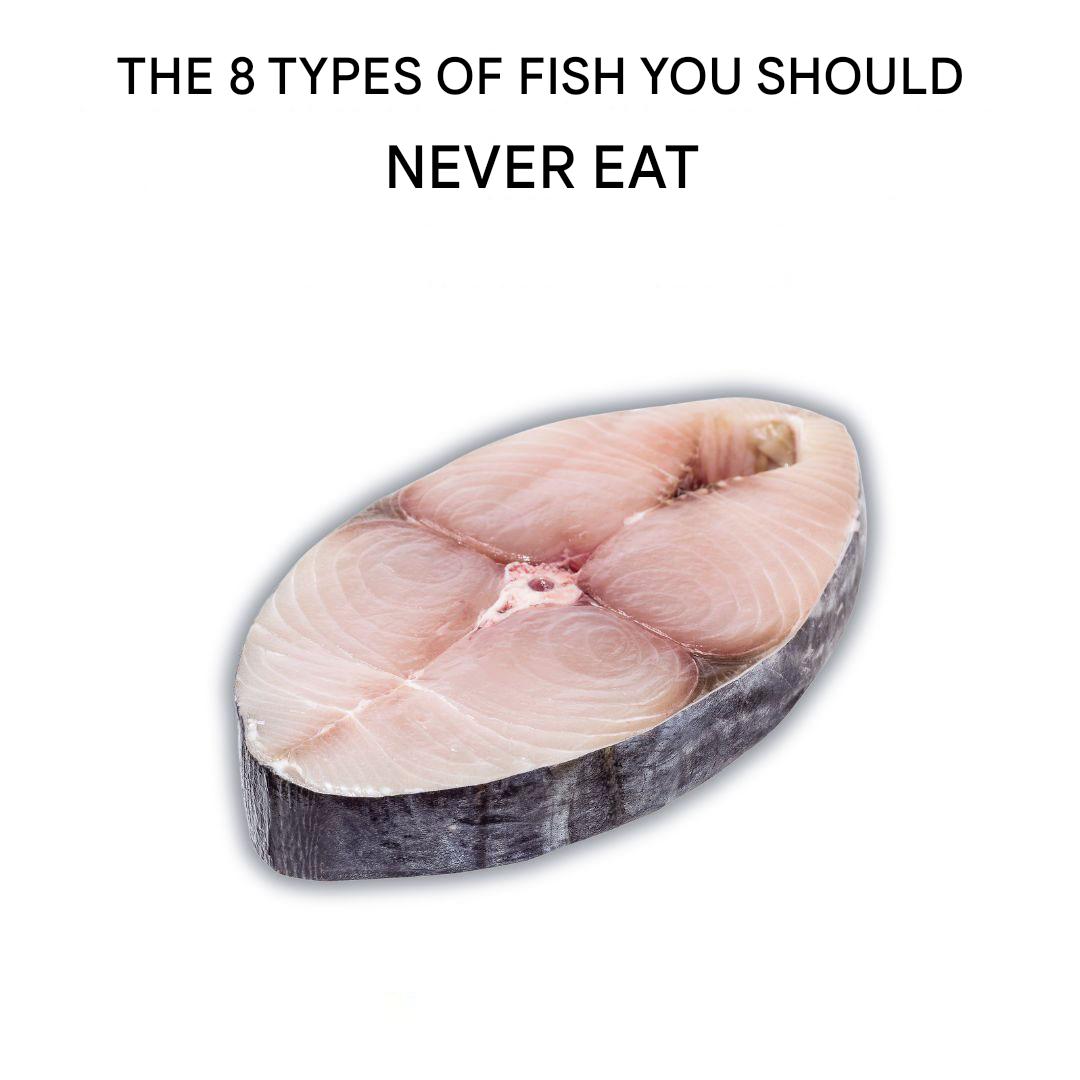ADVERTISEMENT
### 3. Environmental Impact of Bluefin Tuna Farming
In an attempt to meet the growing demand for bluefin tuna, **bluefin tuna farming** has become a popular but highly controversial practice. While farmed bluefin tuna may seem like a more sustainable option than wild-caught fish, it comes with its own set of environmental and ethical concerns.
Farmed bluefin tuna require vast amounts of wild-caught fish to be used as feed, which exacerbates the problem of overfishing. In many cases, the farming of bluefin tuna further contributes to the depletion of small fish populations, further destabilizing the food chain in the ocean.
Additionally, bluefin tuna farms often involve poor conditions for the fish. These farms are typically overcrowded, and the fish are kept in confined spaces, leading to stress and a higher likelihood of disease. The environmental impact of these farms can also include the pollution of surrounding waters due to waste products and uneaten food.
As a result, both wild-caught and farmed bluefin tuna contribute to the environmental degradation of our oceans, and the practice of farming them does not offer a sustainable solution to the problem of overfishing.
### 4. Ethical Concerns Surrounding Bluefin Tuna Fishing
The fishing practices used to catch Atlantic bluefin tuna also raise serious ethical concerns. One common practice is **harpooning**, which involves using sharp spears to catch the tuna, causing immense stress and injury to the fish. Additionally, the intense pressure to catch and sell bluefin tuna at high market prices can lead to **illegal fishing** operations that operate outside the established quotas and regulations.
The tuna fishing industry is often plagued by human rights abuses, with laborers working in inhumane conditions to meet the growing demand for bluefin tuna. This includes poor working conditions, unsafe practices, and exploitation of workers, particularly in developing countries. These ethical concerns only add to the negative reputation of bluefin tuna consumption.
### 5. Sustainable and Healthy Alternatives
Given the significant environmental and health risks associated with consuming Atlantic bluefin tuna, it’s important to consider more sustainable and healthy alternatives. Here are a few fish that are better choices both for your health and the planet:
– **Wild-caught Alaskan salmon**: Rich in omega-3 fatty acids, wild-caught Alaskan salmon is a healthier and more sustainable alternative to bluefin tuna. Salmon is also lower in mercury and is farmed in a more environmentally friendly manner than bluefin tuna.
– **Sardines**: Small, oily fish like sardines are another excellent alternative to bluefin tuna. Sardines are low in mercury and are abundant in omega-3s, and they are typically caught in sustainable fisheries.
– **Rainbow trout**: Another fish that is both healthy and sustainable, rainbow trout is packed with protein and omega-3s and is usually farmed in more responsible ways than bluefin tuna.
– **Mackerel**: Mackerel is rich in nutrients, including omega-3s and vitamin D, and is typically more sustainable than bluefin tuna. However, it’s important to check the source of mackerel to ensure it comes from well-managed fisheries.
### Conclusion
While bluefin tuna may be a delicious and highly sought-after fish, it comes with numerous environmental and health-related concerns that make it the worst fish to eat. From the depletion of wild populations to its high mercury levels and the damaging impact of tuna farming, there are compelling reasons to avoid this species. Instead, consider choosing more sustainable, healthy alternatives like wild-caught Alaskan salmon, sardines, or mackerel to protect your health and the health of the planet. By making more informed choices about the fish we consume, we can help preserve marine ecosystems and reduce the negative impacts of overfishing for future generations.
